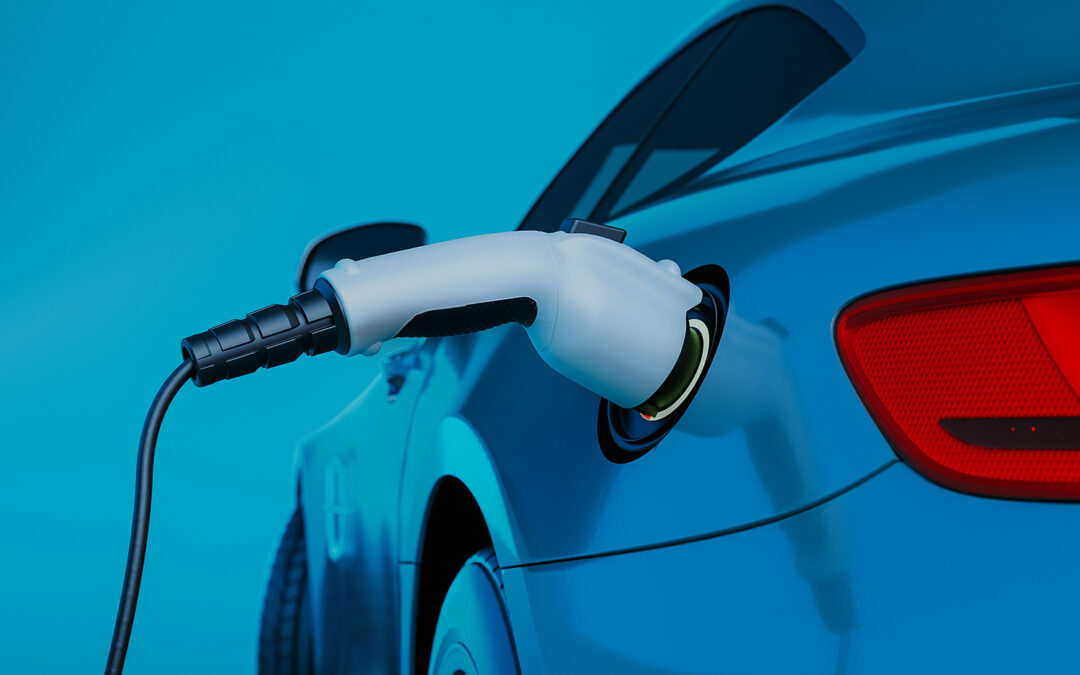The Biden Administration laid out plans February 9 for a $5 billion network of electric vehicle charging stations that will give priority to sites on interstate highways before expanding into remote rural and crowded urban areas, federal officials said. Over the past six years, 40 states have already created designated Alternative Fuel Corridors, much of which follows the interstate highway system, and that will be “the spine of the new national EV charging network,” the DOT said.
Officials say the federal funding is aimed at standardizing charging systems so drivers have an experience comparable to finding a gasoline station on a road trip. Stations will have to be installed every 50 miles and no more than one mile off the interstate, according to a guidance memo from the Federal Highway Administration. And stations will have to have at least 600 kilowatts of total capacity, with ports for at least four cars that can simultaneously deliver at least 150 kilowatts each.
The money, included in last year’s infrastructure legislation, will be shared over five years among the states, the District of Columbia and Puerto Rico. For starters, $615 million will be available during fiscal 2022, with states required to submit an EV Infrastructure Deployment Plan by August 1 and get it approved before they can start using the funds. That approval is targeted to come by September 30, DOT officials said. The federal money can support only 80% of the cost of these stations. The new Joint Office of Energy and Transportation will provide technical support to states to smooth the process as they plot out their plans.
The infrastructure legislation includes another $2.5 billion in funding to use to target rural areas or urban neighborhoods with poor access to charging. Officials say they expect to set out plans for the funding later this year.

